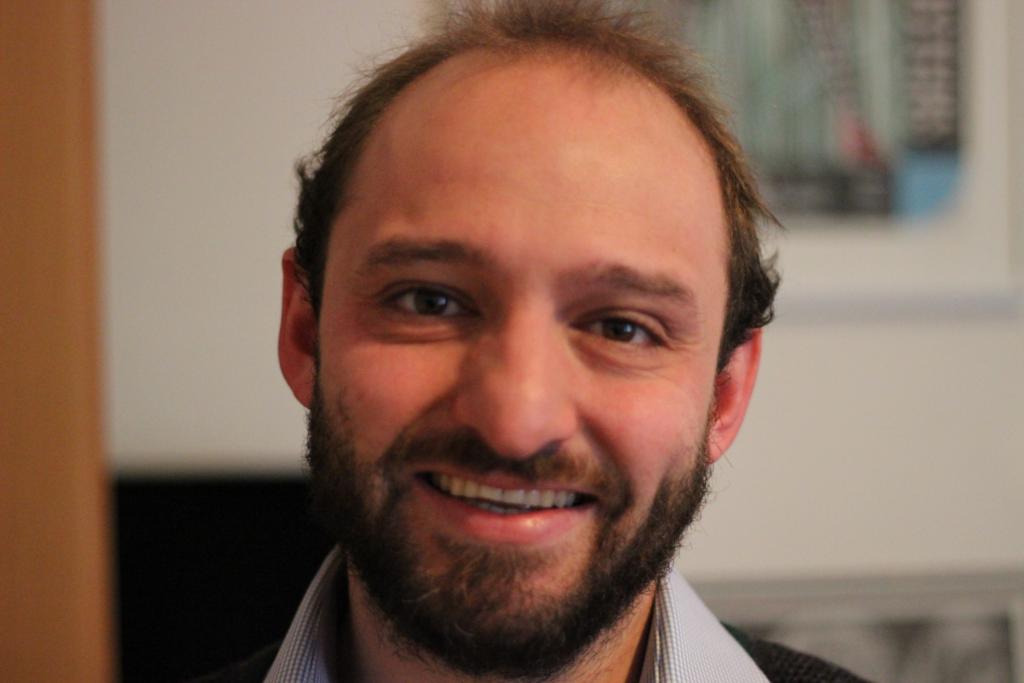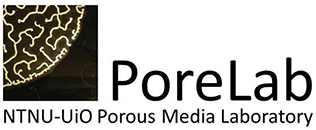Welcome to the next PoreLab lecture!

Who: Professor Pietro De Anna from the Institute of Earth Sciences (ISTE) of the University of Lausanne, Switzerland
Professor Pietro De Anna is physicist. He got a Master from the University of Florence (Italy) in Statistical Mechanics and a PhD in Earth Sciences from the University of Rennes 1 (France), where he studied mixing and reactions in porous media. He is interested in the physics of flow and mixing-driven processes in confined micro-structures, like filters or soil, with particular attention to their coupling with biological activities.
When: Wednesday 06 November at 13:00 (Norway time).
Where: The lecture will be streamed both in the Kelvin room (PoreLab Oslo) and in the common room (PoreLab Trondheim). From anywhere else, you will be able to join via the following Zoom link:
https://uio.zoom.us/j/65837085049?pwd=WjZianUyN3FJa2liQkxBbzQrOCtGdz09
Title: Flow, transport and mixing limited (bio-)processes in confined & heterogeneous media
Abstract:
Natural soils are host to a high density and diversity of substances, suspensions and microorganisms, and even deep-earth porous rocks provide a habitat for active microbial communities. In these environments, transport by disordered flows is relevant for a broad range of natural and engineered processes, from biochemical cycling to remineralization, bioremediation and filtration. A key property of most porous systems is the underlying heterogeneity that may occur due to non-uniformity in size or shape of the constitutive grains. Such physical heterogeneity controls transport and mixing of solutes driving geo-chemical kinetics and colloidal/bacterial deposition and filtration. The complexity that rises from the coupling of such microscopic processes makes predictions based on rates measured under homogenized, well-mixed, conditions different by orders of magnitudes from field observations. We use numerical methods and laboratory experiments (based on micro fluidics and time-lapse video-microscopy) to investigate microscopic processes (as flow, mixing, microbial transport, metabolic activities and growth) that take place within the confined space of heterogeneously distributed pores. While observing these microscopic processes, we also monitor their macroscopic consequences, including deposition profiles, breakthrough curves, reaction kinetics and biomass growth. Based on such multi-scale observations, we build new theoretical models, that we feed with measured parameters, to unravel the link between microscopic-scale processes and their macroscopic consequences.
